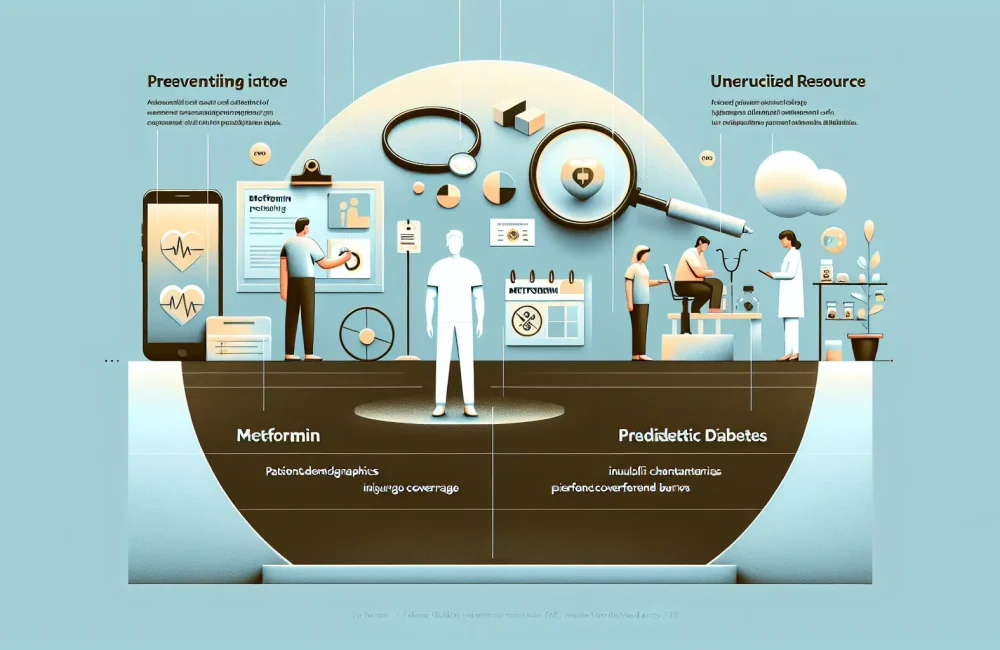By CAFMI AI From Journal of General Internal Medicine
Racial and Ethnic Disparities in Age of Onset of Type II Diabetes
Type II diabetes is a global health challenge that disproportionately burdens racial and ethnic minority groups in the United States. This cross-sectional analysis thoroughly examines differences in the age at which adults from diverse racial and ethnic backgrounds are diagnosed with type II diabetes. Key findings reveal that minority populations, particularly Black, Hispanic, and Native American adults, tend to develop type II diabetes at a significantly younger age than White adults. These disparities persist even after adjusting for socioeconomic, behavioral, and clinical factors such as income, education, body mass index, and lifestyle habits. This earlier onset elevates the lifetime risk of complications and disease burden among these populations, highlighting profound health inequities that require targeted clinical and public health responses.
Clinical Implications of Early Diabetes Onset in Minority Populations
The earlier onset of type II diabetes among minority adults has critical implications for clinical practice and public health. Early diagnosis means a longer duration of disease exposure, increasing the likelihood of microvascular and macrovascular complications such as retinopathy, nephropathy, neuropathy, and cardiovascular disease. Clinicians must therefore prioritize early screening and culturally adapted prevention strategies for at-risk populations. Tailored interventions addressing dietary habits, physical activity, and glycemic control could help mitigate progression and complications. Furthermore, recognizing the role of social determinants of health—including income disparities, education access, and environments that promote unhealthy lifestyles—is essential for comprehensive care planning and resource allocation. These findings underscore the need for healthcare systems to incorporate race-conscious approaches to diabetes management and prevention, improving outcomes for historically underserved communities.
Addressing Social Determinants to Reduce Diabetes Disparities
Inequities in type II diabetes onset are deeply rooted in social determinants of health such as socioeconomic status, access to quality healthcare, educational opportunities, and neighborhood environments. To reduce disparities, interventions must extend beyond clinical care to encompass policy changes that improve social and economic conditions. Community-based programs that enhance health literacy, provide support for healthy lifestyle changes, and improve access to preventive services are vital. Additionally, efforts to combat structural racism and eliminate barriers to care are critical to achieving equitable health outcomes. By addressing these upstream factors, public health initiatives can more effectively diminish the disproportionate burden of early-onset diabetes among minority populations.
Read The Original Publication Here






